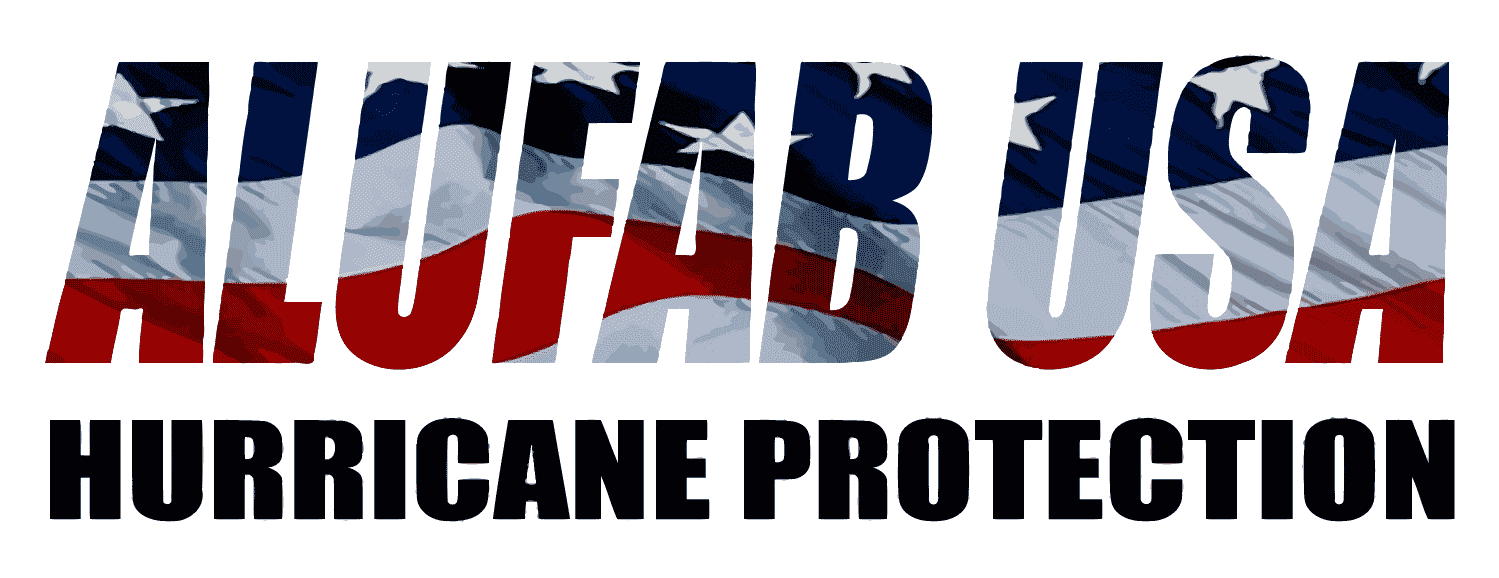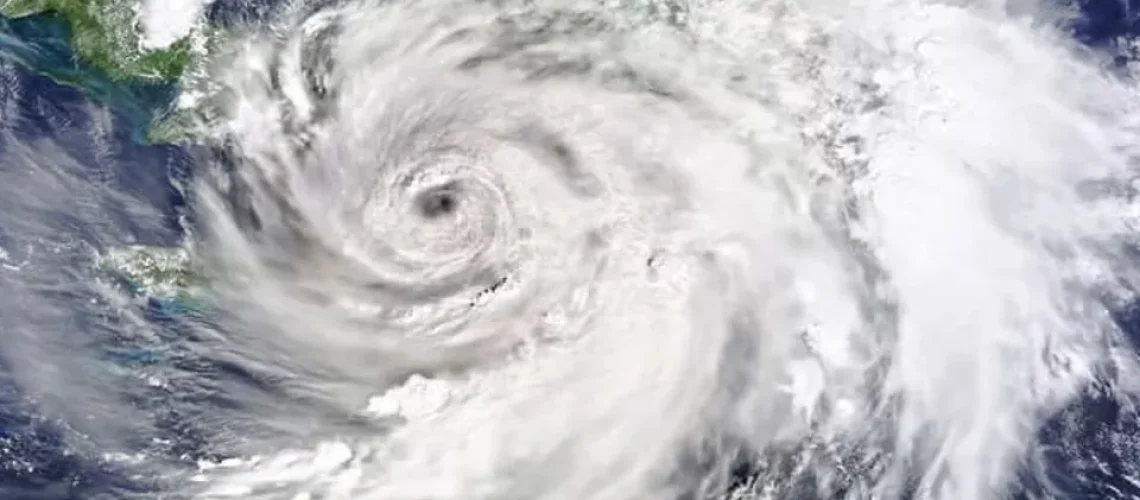When you’re done reading our guide to preparing for 2021’s hurricane season in Florida, you’ll learn:
- How to prepare the exterior of your home to prevent damage from debris and extreme weather
- What should be in your home or travel survival kit
- Why this hurricane season may be especially dangerous
Hurricanes are no joke. They can wreak havoc over wide swaths of land, displacing families and knocking the power out for days on end. While there is some ability to predict hurricanes over the long term, most projection systems are better in the short term. That means you may not have an extended period of time to get ready for the storm.
As you get ready for this year’s Florida hurricane season, it’s important to know how you can protect your house and family. Sometimes that means securing the home’s exterior before evacuating the area. In worst-case scenarios, you may need to prepare for a multi-day stretch without electricity or emergency services.
How to Prepare for Hurricane Season in Florida 2021
Hurricanes offer several threats to homes that are hard to mitigate. First, the surging water can easily lead to floods inside your home or on your residential street. Second, strong winds can swing heavy objects, like trees, at an incredible force. On top of all that, the resulting damage may leave anyone in your home with a dramatic increase in bugs and hot, muggy weather.
While we think of our homes as sturdy, durable places, they have some weak spots that hurricanes can take advantage of. So, windows and doors, as they’re designed to open and close, are the most important spots to secure before a storm.
The best way to do that is by installing impact-resistant windows and doors, as well as storm panels. Impact-resistant doors and windows are built to stand up to strong winds & projectiles and do a better job of keeping the outside outdoors should debris begin swirling around.
Storm shutters also help to protect your windows by layering a protective surface over windows. During non-stormy days, shutters can be stored or placed in an open position, so you still have an unobstructed view of your yard or neighborhood.
Additionally, while many people have avoided older models of storm panels because they tended to block natural light from entering your home while they were in use, modern storm panels are clear. This helps avoid the feeling of being locked inside a bunker.
Finally, storm shutters also offer a form of protection for your home. When closed, they help provide a fortified barrier to the window pane.
Building Your Survival Kit
Whether you’re planning to ride out the storm or evacuate, you may find yourself in unexpected situations where common forms of convenience are unavailable. That means before hurricane season begins, you should have a survival kit ready to go.
Your kit should be light enough to carry, if necessary, yet also provide for some basic needs for at least a couple of days. If you live with a lot of people, you may want to consider having more than one kit.
When building your emergency bag, make sure to include these essentials:
- A first aid kit that includes bandages, gauze, ointment, painkillers, and wipes
- A multi-tool
- A weather radio with extra batteries
- Baby or pet supplies, food, and medication
- Books, playing cards, and crosswords
- Enough non-perishable food and water to last each person in your home at least three days
- Flashlights with extra batteries
- Hand sanitizer and other personal hygiene or sanitation items
- Prescription medicine to last the person prescribed at least three days
- Waterproof containers with important personal documents and cash
While pre-made kits are available and useful, don’t rely solely on them. Often, they include material that may not be necessary and exclude things that should be included.
Beyond what’s listed above, you may also want to consider purchasing a gas shut-off tool if your home runs on gas. Lighters, can openers, and coolers can often be procured around your house and easily tossed in your survival kit, too.
Deciding to Evacuate the Area
It can be difficult to evacuate your home and neighborhood. However, there are many times when doing so is the safest thing to do for you and your family.
You should always follow any evacuation orders given by local, state, or federal governments. They are operating with the best facts at hand, and if you decide to stay instead of evacuating, you put emergency responders at risk.
Some areas will tend to need evacuation even in less severe storms. That’s due to their proximity to the coast or whether they’re situated on lowlands. These areas tend to get the worst and long-lasting hurricane damage.
Southwest Florida residents should also know what evacuation zone their county is in. They help to highlight where damage is feared to be the worst and takes the longest to evacuate. If you’re in Zone A or B, you should make sure to pay close attention to weather reports should there be a hurricane or tropical storm.
Predicting the Hurricane Season in Florida 2021
Colorado State University’s Tropical Weather & Climate Research Center recently released its early-season hurricane forecast for 2021. While their predictions never occur exactly, they’re well regarded for their predictive ability and have released their forecast each of the past 38 years.
Their report states that 2021 should be a busier than average hurricane season. The differences may be slight, but each additional storm brings the odds of extensive damage for the region higher.
The forecast also mentions that there’s around a 45% chance of a major hurricane hitting the east coast of the country, which includes the Florida peninsula. The Gulf Coast region, including the Florida panhandle, faces a 44% shot of being smacked by a similar storm.
Overall, CSU expects there to be eight significant hurricanes this season. Between 1991 and 2000, the average number of hurricanes was seven.
It’s important to understand that these numbers deal with likelihood and not certainty. So, while this 2021 Florida hurricane season is expected to be a bustling one, always pay attention to local weather reports as they will provide the most up-to-date information.
Let Alufab USA Help You Get Ready for Hurricane Season
Whether you end up evacuating the area or not, you always need to protect your home’s exterior before the hurricane hits. At Alufab USA, our products have helped protect over 35,000 homes throughout Southwest Florida. All of our products are manufactured in our Fort Myers factory, which means they’re able to be fabricated, tested, and quickly installed.
If you’re ready to protect your home from an eventual hurricane, make sure to stop by our Fort Myers showroom today. We’re also happy to send one of our hurricane safety experts to your home to assess what products are best for your needs. To schedule an appointment, call us at 239-226-4872.

